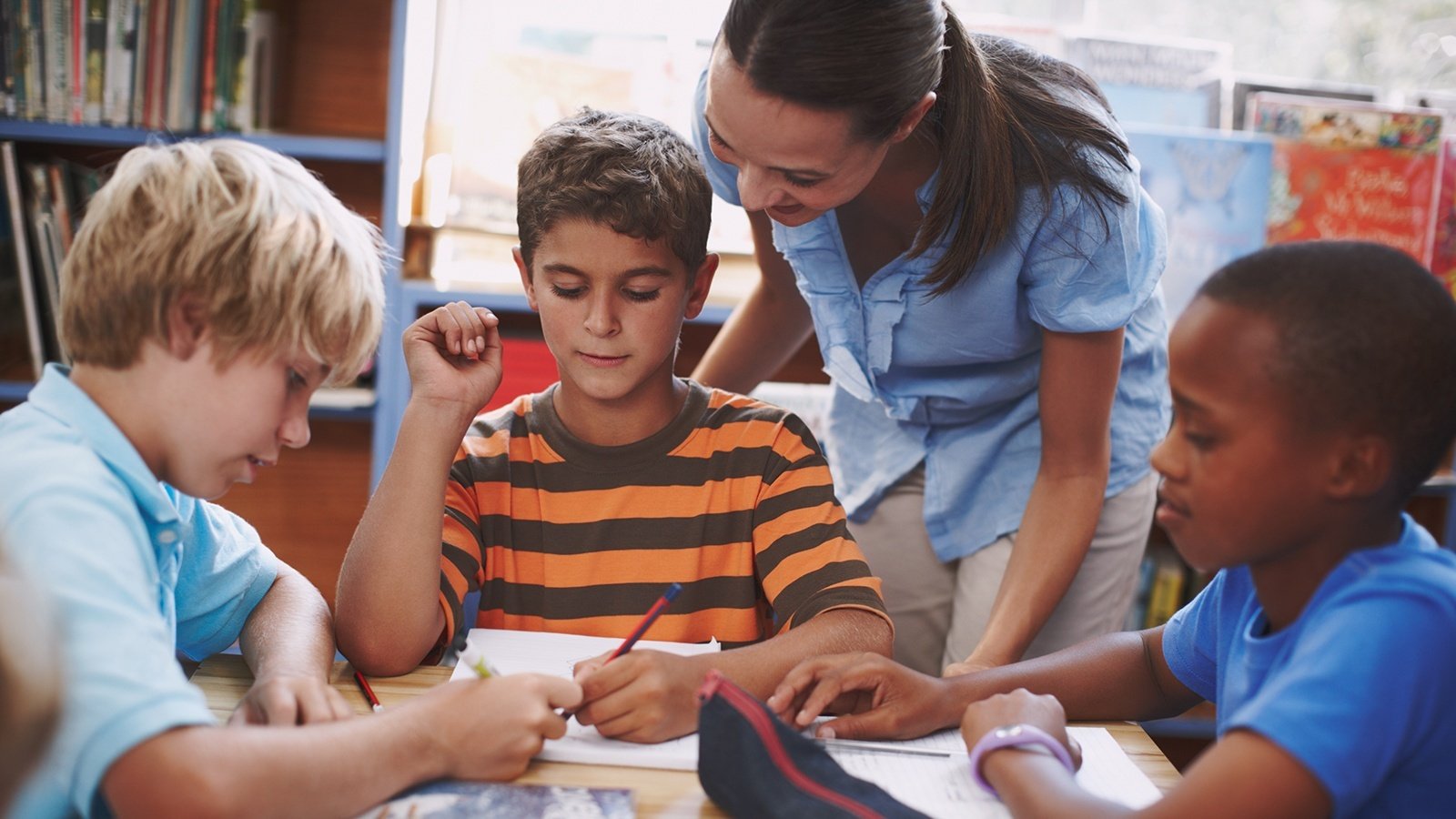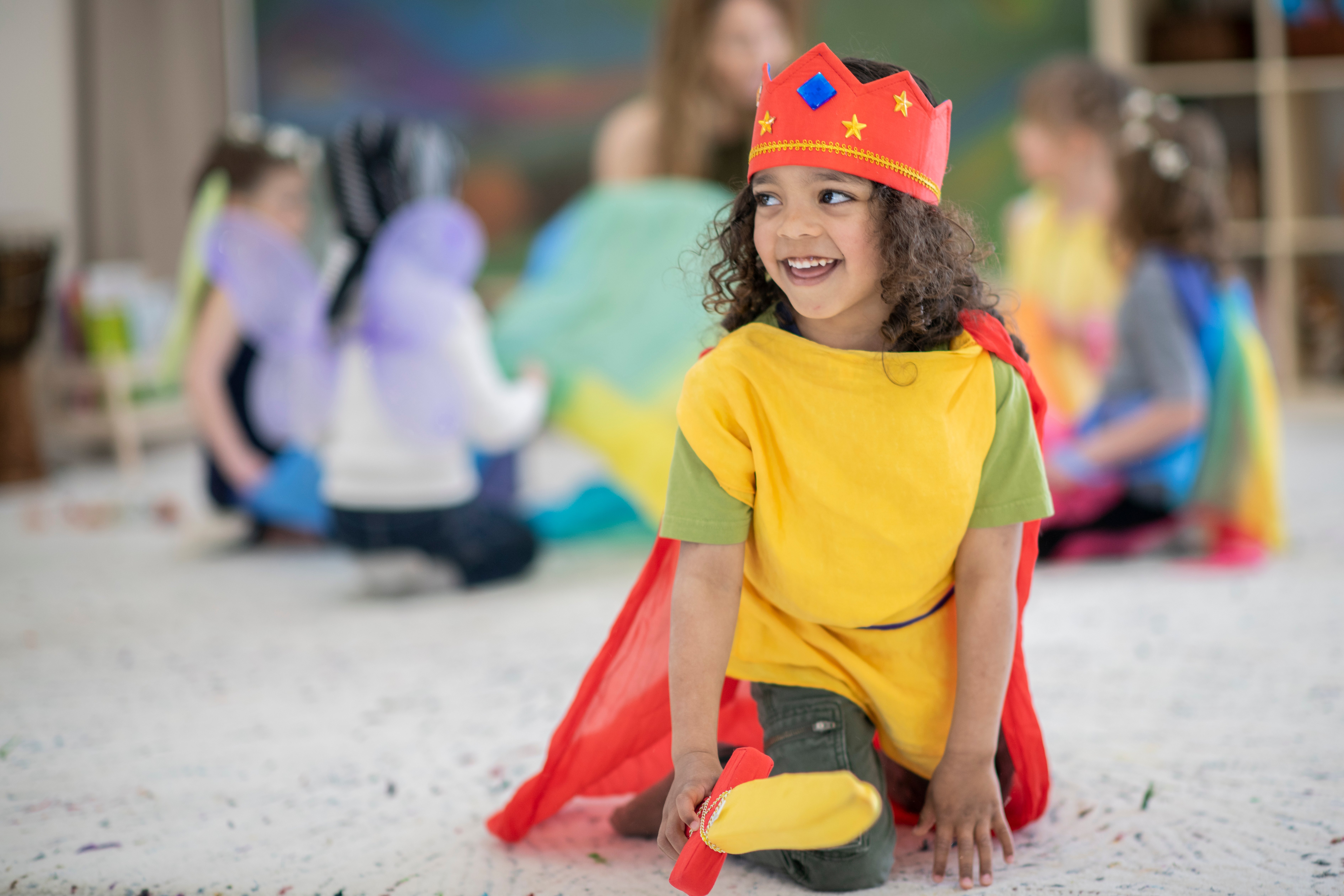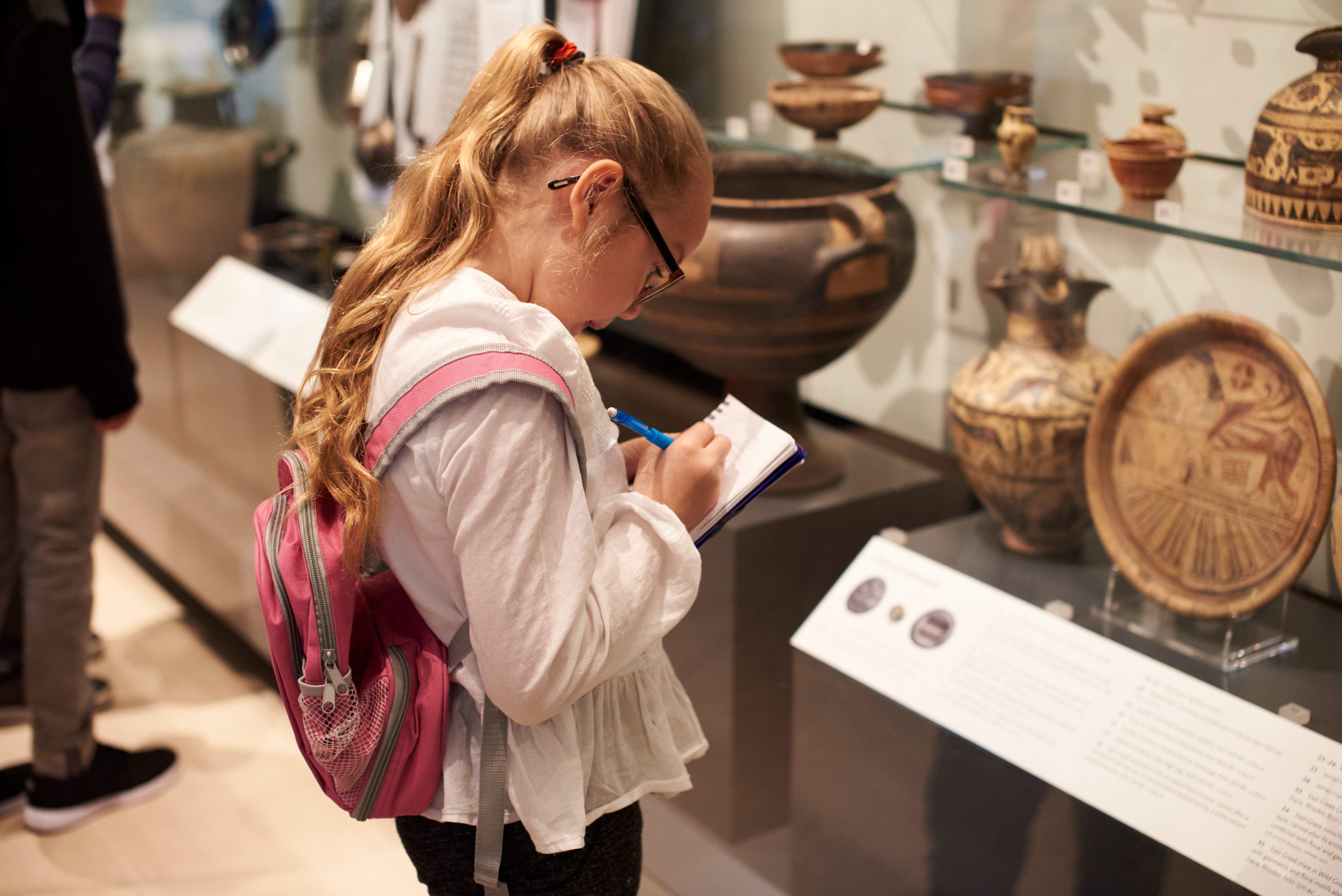
Many teachers struggle to motivate their elementary students to learn, especially when teaching social studies. Students struggle to understand why learning historical facts and figures matter and find the subject content boring. In an age when connecting with history matters more than ever, how do we make our K-8 social studies classrooms challenging and exploratory?
Students revel in a challenge
In the classroom, we as educators must facilitate challenging and exploratory learning for our students to encourage critical thinking. When we challenge our students, we focus on the depth of the lesson. What can our students learn through inquiry-based learning or higher-order thought processing? Developing higher standards for our students to meet the rigors of didactic instruction is necessary to developing these skills. Exploratory learning creates an atmosphere for students to examine and investigate new material, which helps them understand unfamiliar concepts and content.
Many challenging and exploratory activities can build these higher-order skills. The provisions you can use to pique your learners interest will be inquiry-based strategies: games, projects, and other activities that allow students to guide their own learning. It is important for students to build analyzation skills and their own opinions supported by facts. Through these activities, students create their own pathways for thinking instead of following a lecture-based lesson.
When you feel your students are not as engaged as you would like them to be, use the following teaching strategies to tap into their interests and help improve their academic success.
Games
Computer-based or in-person simulations provide experiential learning that immerse students unlike any other form of lesson. A large and growing number of games, simulations, and manipulatives provide superior modeling capabilities as compared to any traditional approach.
Creating games via simulation platforms allows your students to build lessons using their own questions. Have your students create inquiry-based games that they can use in class like, Who Wants to be a Millionaire or Jeopardy. Questions should focus on the state standards, NCSS themes, and lesson objectives. In these two games, you build your questions based on a questioning hierarchy. Scaffold the difficulty of the questions based on piquing student’s curiosity, creativity and interest. Another great resource is Sheppard Software. Questions are preloaded on this platform, but are scaffolded to assist with bridging student learning. The database of resources ensures that students are able to build on prior knowledge and apply that knowledge to classroom learning and daily activities.
In-person simulations, like Interact simulations, are open-ended learning exercises that invite students to actively participate through role-play, storytelling, and collaboration. These immersive activities use engaging formats like reenactment, character-building, and narrative learning to enhance student understanding of social studies concepts.
Field Trips – In-person or virtual
Field trips are a great way to immerse students in historical content! Visits to local museums, historical societies, or libraries to access historical content are all great activities for students to experience.
However, when funding is limited, the next best resource is to bring the field trip to the classroom. Virtual field trips can take your students anywhere in the world. This opportunity brings the world closer and allows students to build relationships with places from around the world. The website explores all continents, grade levels, and curriculum standards with its comprehensive video content.
Another great digital resource for virtual field trips is Waterford. This site offers nine field trips that can be used for elementary or middle school learners. Discovery Learning also offers a plethora of resources that can be used in the classroom. You can create puzzles, word searches, and lessons that integrate science, math, and language arts with your social studies curriculum.

Project-Based Learning
Challenging and exploratory learning in today’s classrooms bolster independent student thinking. While experiences that are experiential and consequential can help build these skills, so can project-based learning. Students must have the opportunity to research, discuss, and present pertinent historical events or debate a controversial topic. Building context and understanding key facts of an event or historical ideal in order to discuss it in-depth are crucial skills for students to build.
Creating these learning experiences helps students make mental connections to their learning and also helps their organizational and time-management skills. These operational learning skills create deeper levels of meaning through material collection (research), ongoing compilation (surveys and data graphs), and presentation of findings. Relative learning experiences can take place inside or outside the classroom. Build lessons that will guide your independent learners to research, develop solutions, and implement tacit learning strategies.
Exploratory instruction is interactive instruction. It actively engages the student and builds essential critical thinking skills. Challenging instruction builds learning experiences that are memorable, indelible, and help students to build Higher Order Thinking Skills (HOTS) and inquiry-based learning skills. Learning must be challenging and exploratory in order to keep our students engaged, so challenge yourself to provide these learning experiences in the elementary social studies classroom!
Seeking a full social studies curriculum that is rigorous and exploratory?
Try a free trial of Nystrom Young Citizens
Sheree Turner, Ph.D. is a Master Teacher Leader in an Urban School district in Atlanta and a 27-year veteran educator specializing in English language arts (ELA) and social studies. Dr. Turner is also an adjunct professor with University of Phoenix in the School of Education graduate studies. She is certified in Middle Grades Social Studies, Gifted Learner Endorsed, and Reading Endorsed. Her area of interest is ensuring Social Studies does not become extinct in the 21st century classroom.

